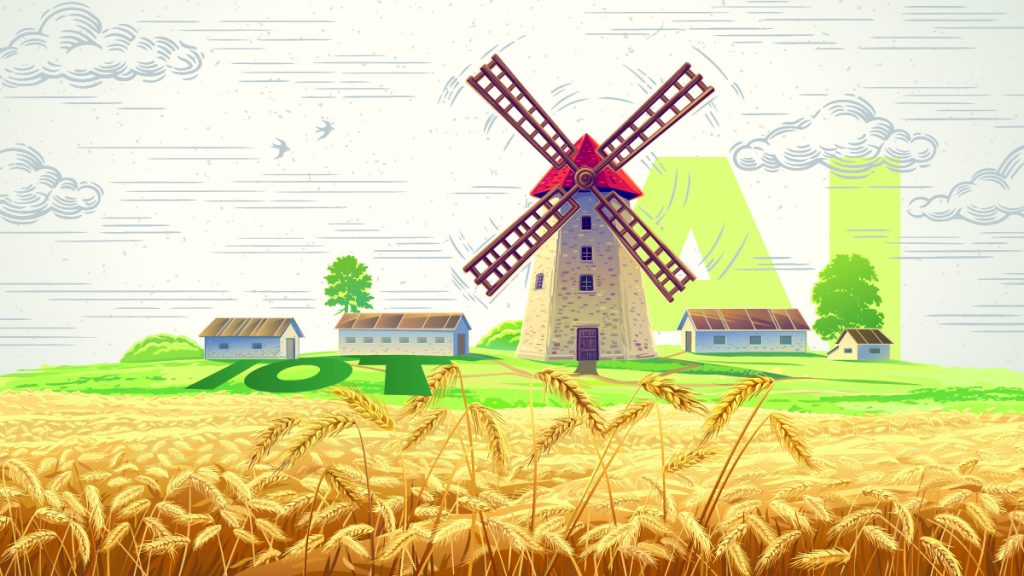
As the world’s population continues to increase, the demand for food rises as well. In the last decade, the world has seen significant advancements in technology, particularly in artificial intelligence. The combination of an expanding population and the growth of technology creates a need for innovative solutions to meet the demand for food. The Netherlands, a country renowned for its farming practices, has an opportunity to lead the way in hi-tech agriculture education and get more young people involved in the industry.
Netherlands Investing in Young Farmers
Agriculture is a vital industry that provides the world with the food it needs to survive. The industry has gone through significant changes over the years, particularly in the use of technology. The Netherlands, a country known for its progressive farming practices, has an opportunity to become the leader in hi-tech agriculture education.
The demand for food is rising, and the need for innovative farming practices is more important than ever. By starting the first hi-tech agriculture college in the Netherlands, the country could lead the way in educating the next generation of farmers. The college could offer courses that focus on the latest technologies used in agriculture, such as drones, sensors, and robotics.
Moreover, the college could also teach students how to integrate technology with traditional farming practices, creating a more efficient and sustainable system. This education could inspire young people to pursue careers in agriculture and create a new wave of innovative farmers who can meet the increasing demand for food.
AI in the Future of Farming
Farming is vital to our daily lives in many ways. It provides us with the food we eat and the materials we use to make clothing and other products. It also plays a critical role in maintaining the health of the environment. However, as the world’s population continues to grow, there is an increasing demand for food and other agricultural products. This demand, coupled with the effects of climate change, makes it essential that we find ways to improve the efficiency and sustainability of our agricultural practices.
The use of artificial intelligence in agriculture is becoming increasingly common. AI can play a crucial role in meeting the demand for food by optimizing agricultural practices. AI technology can help farmers make more informed decisions, reduce waste, and improve efficiency.
By using sensors and data analysis, AI technology can monitor crop growth, soil quality, and weather conditions. This information can help farmers make informed decisions about when to plant, water, and harvest crops. AI can also help farmers reduce waste by predicting potential issues and offering solutions before they become significant problems.
The Netherlands, as a leading country in agriculture, can take advantage of AI technology to improve farming practices further. The country could invest in research and development of AI-powered farming tools and systems to create a more sustainable and efficient food production system.
Final Thoughts
The world’s population is growing, and the demand for food is increasing. The Netherlands has a unique opportunity to lead the way in hi-tech agriculture education and create a new generation of innovative farmers who can meet the increasing demand for food. By integrating artificial intelligence technology into farming practices, the country can create a more sustainable and efficient food production system. With proper investment and education, the Netherlands can become a model for the rest of the world in creating a new era of hi-tech agriculture.
Inside Telecom provides you with an extensive list of content covering all aspects of the tech industry. Keep an eye on our Intelligent Tech sections to stay informed and up-to-date with our daily articles.